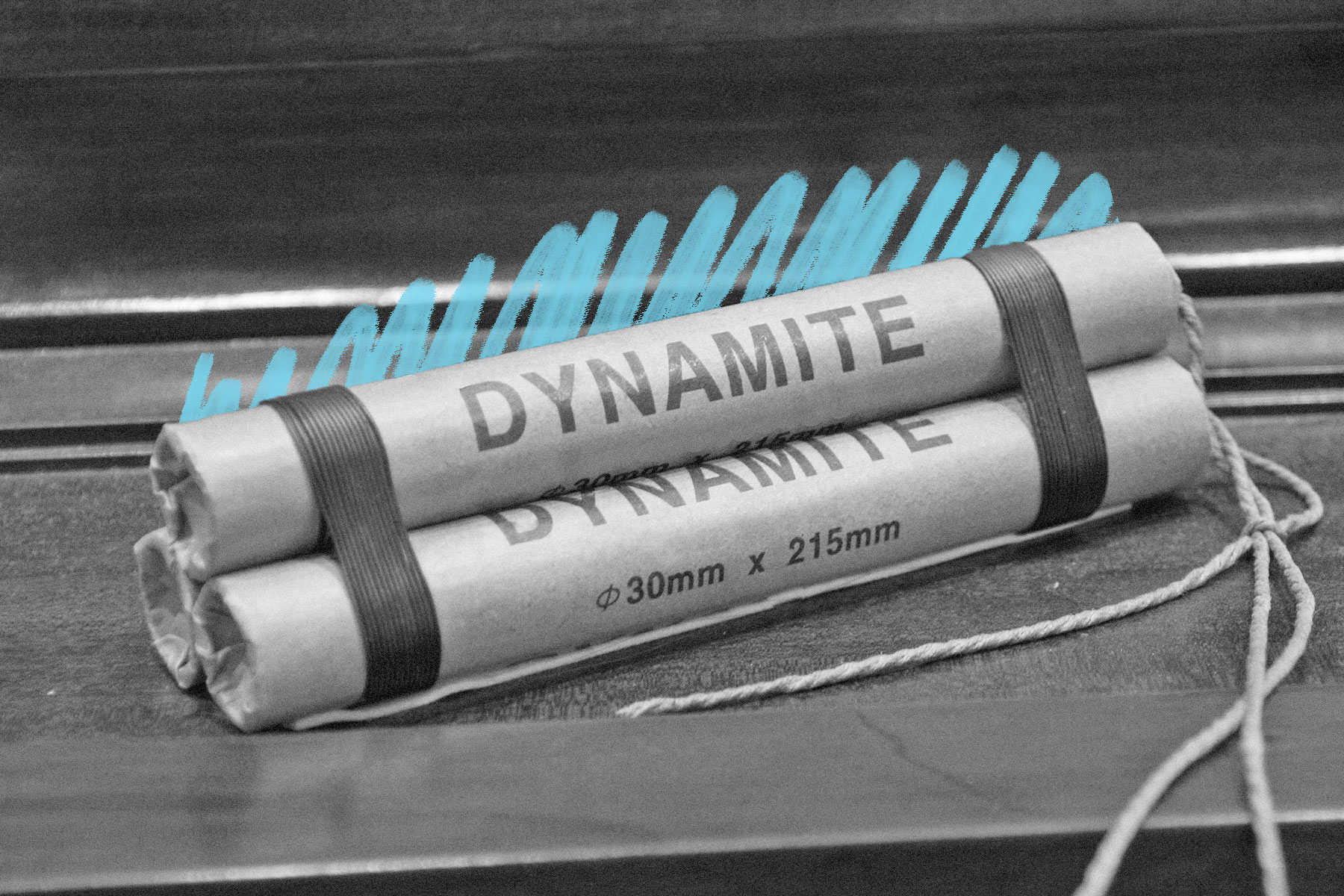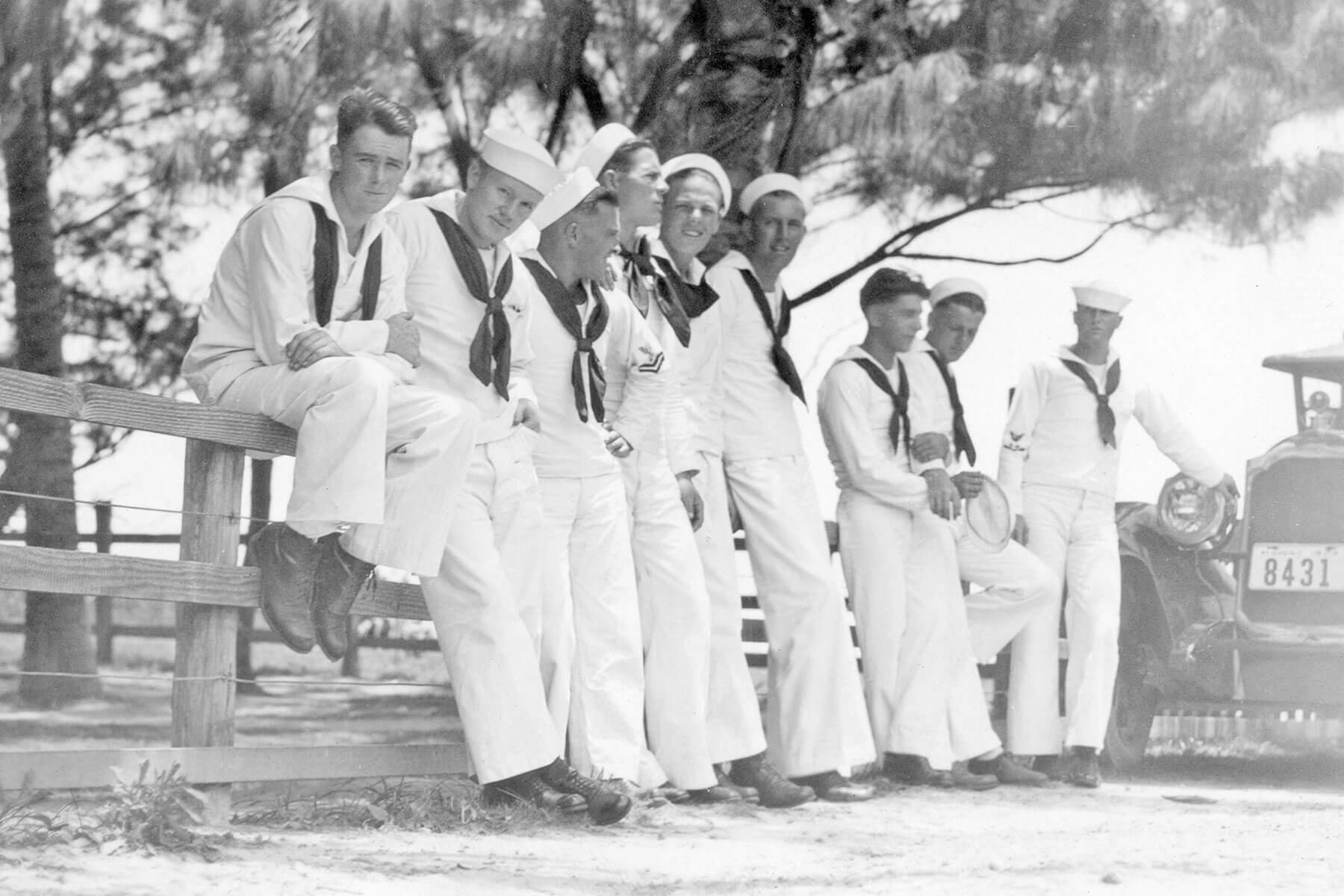 |
Dynamite was invented by the namesake of the Nobel Prize. |
Science & Industry |
 |
| |
| The invention of dynamite and several related substances made Nobel a very wealthy man: By the time of his death in 1896, he had amassed what was at the time one of the world's largest private fortunes. In his will, he stipulated that the majority of his personal wealth should be invested in a fund of stable securities and apportioned out every year in the form of prizes recognizing individuals who had "conferred the greatest benefit on mankind." The prizes were awarded in five categories: physics, chemistry, physiology or medicine, literature, and (perhaps ironically for a man whose fortune came from explosives and weaponry) peace. The first Nobel Prizes were awarded in 1901, five years after the namesake inventor's death. In 1968, Sweden's central bank introduced a sixth Nobel Prize category, economics, which is now awarded annually alongside the five original categories dictated by Nobel's will. | |
 | |
 | |||||||||
By the Numbers | |||||||||
| |||||||||
| |||||||||
 | |||||||||
| |||||||||
Alfred Nobel had to flee France after being accused of high treason. | |||||||||
| In 1881, Alfred Nobel purchased a large house with an adjacent laboratory in Sevran, a French village northeast of Paris, where he continued his research into ballistics and explosives. Most significantly, Nobel's work at Sevran led to the invention of ballistite, a form of gunpowder that was nearly smokeless upon combustion. The Italian government recognized the power of ballistite and purchased a large amount of the gunpowder from Nobel for military use, but when the French government learned that Nobel, a French resident, had sold this powerful new weapons technology to a foreign military, they accused Nobel of high treason. They also implied that Nobel had developed ballistite through espionage by spying on the French military and stealing the formula for a type of gunpowder called Poudre B, another smokeless gunpowder that was developed around the same time but relied on an entirely different chemical process. In the face of these false accusations, Nobel was forced to flee France in 1891 and relocate to Italy, where he lived for the last five years of his life. | |||||||||
 | |||
Recommended Reading | |||
 | |||
| | |||
 | |||
| | |||
| + Load more | |||
| |||||||||
| 700 N Colorado Blvd, #513, Denver, CO 80206 | |||||||||
|





No comments:
Post a Comment